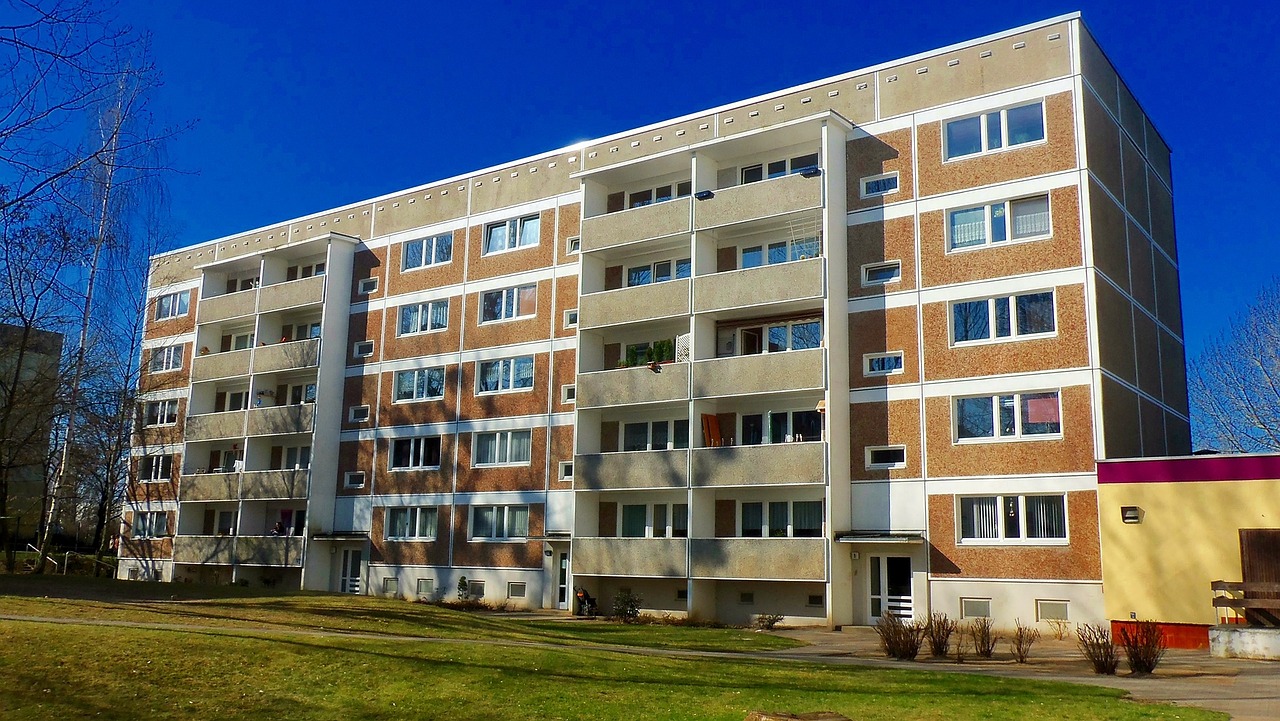How do you recover service charge arrears if a leaseholder is insolvent? Brady Solicitors explain your options
In our latest ‘Expert View‘ posts, we share advice on how to tackle the issue of service charge arrears if a leaseholder enters into an IVA or files for bankruptcy.
You can read each Expert View in full in our Leasehold Resource Centre, but here is a summary of the core advice.
How to recover service charge arrears from a bankrupt leaseholder
Once a Bankruptcy Order has been made, service charge recovery becomes tricky. A creditor – including the freeholder trying to recover their service charge arrears – needs to apply to the Court for permission to begin any proceedings against the bankrupt individual.
If you had already obtained a judgment pre-bankruptcy, then you may be able to forfeit the lease. However, it would be wise to expect a hard-fought and expensive battle with the solicitors for any Trustee in Bankruptcy, whose role it is to protect the bankrupt’s assets in order to sell them and pay out unsecured creditors, if not in full, then at least a proportion of the debt owed.
This means it is important to move swiftly recover unpaid service charge arrears before a Bankruptcy Order is made.
Key to this is establishing good and open communications with leaseholders who are in arrears.
Do you know why they aren’t paying their service charge? Is it a case of can’t pay, or won’t pay? If an individual is struggling to meet their financial commitments, the service charge may be well down their list of priorities.
Read more about recovering service charge arrears from a bankrupt leaseholder.
Leaseholders and IVAs – what does it mean for service charge recovery?
A person is suitable for an IVA if they have a regular income and at least three debts, with two or more creditors. It allows a debtor more control over their assets than a bankruptcy, however an IVA is still a form of insolvency.
Once the IVA proposal is passed to creditors, it can then take several weeks to finalise. For this reason, the Insolvency Practitioner may apply to the county court for an Interim Order to stop creditors taking any action until the process is complete.
Once an Interim Order has been granted, the freeholder needs the leave of court to begin any proceedings against the leaseholder and, once the application for the IVA is made, the court has the power to stay any legal proceedings or action for arrears.
In a perfect world, if a leaseholder owes service charges, the freeholder would receive notice of the IVA proposal and be requested to vote on the terms – but this often doesn’t happen.
The more common scenario is for a claim to be issued and, only at this point is the freeholder/RMC made aware of the IVA, and the fact they are now an unsecured creditor and should “join the queue” with the other unsecured creditors for payment.
This is frustrating and detrimental to service charge collection – not least because the Insolvency Practitioner will often refuse to pay any costs of recovery and the freeholder may only be able to recover a proportion of the total service charge owed via an IVA.
Read more about tackling service charge recovery when a leaseholder has entered into an IVA.

